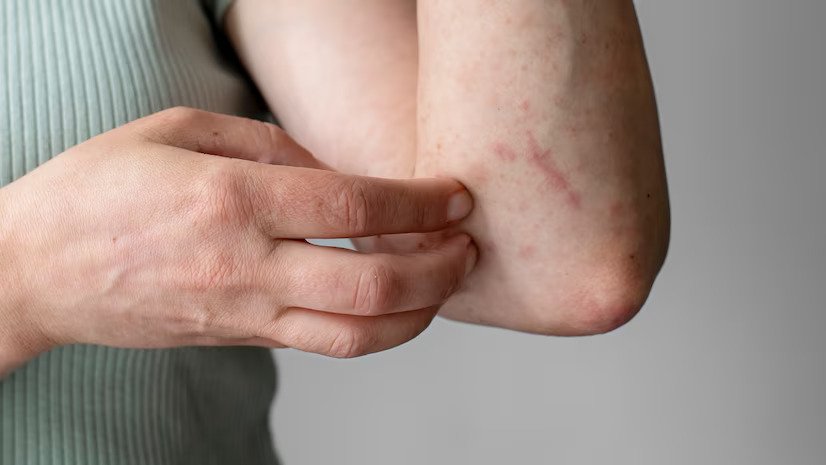Autoimmune diseases are diseases that result when the immune system turns on the body in a fashion that can often cause considerable damage. It may cause chronic low-grade inflammation, pain, and a host of other symptoms that can greatly decrease the quality of the person’s life. Auto immune disease refers to conditions where the immune system attacks the body tissue; examples are rheumatoid arthritis, multiple sclerosis, lupus, as well as ankylosing spondylitis. These conditions usually need a team effort in managing their care and one of the more common intercessional tools that are utilized is physiotherapy. Physiotherapy delivers major benefits for adults with autoimmune diseases as it boosts their functional mobility, alleviates pain, and has a positive effect on their quality of life.
Pain Management
Among the expected positive effects of our physiotherapy for patients with autoimmune diseases, pain reduction is one of the most vital indicators. Our results also showed that chronic pain is seen in a large number of patients with autoimmune diseases and can greatly reduce activity levels. Physiotherapists can remediate pain using techniques including; manual therapy, exercise, and thermal agents such as heat and cold. Physiotherapy could involve focusing on precise areas that show signs of pain and inflammation and in this way, the physical therapist can assist in decreasing the level of suffering and enhancing the endurance of a person to go through physical activities.
Improved Mobility and Flexibility
Arthritis is one common consequence of long-term autoimmune diseases, and it causes pain and restrictions in the movement of the joints, especially in the affected areas. This leads to stinging pains in muscles and can encumber movements that are basic and essential in everyday life. Examples of roles involve physiotherapists engaging in the planning of exercises that aim at increasing flexibility as well as joint mobility for the patient. These meanings include stretching and mobility exercises, resistance patterns, and mild cardiovascular workouts, which work according to the patient’s conditions. Such exercises may also assist in regaining the lost motor functions gradually and thus be able to gain normal mobility, go for a walk or climb stairs, and perform other tasks.
Strength Building
Muscle weakness is also one of the problems associated with autoimmune diseases among persons with these illnesses. Inflammatory processes can also indicate muscle atrophy, which is the process in which muscles shrink due to lack of use or even reduced use. Muscle strengthening includes exercises prescribed by a physiotherapist in the process of continuous rehabilitation of a patient. This not only enables one to be active in doing his activities in his daily life but also aids in supporting and stabilizing the affected joints thereby reducing the possibility of worsening of their conditions.
Fatigue Management
Tiredness is a common complication that people usually experience when they have an autoimmune disease. It becomes very daunting, actually having an impact on work productivity, social events and functions, and personal care. Our physiotherapists can assist in fatigue as they devise and develop exercise regimes that promote energy by avoiding exhaustion. They are normally less strenuous involving mostly activities like walking, swimming, cycling, and other exercises that enhance the endurance of the heart muscles to a point where fatigue decreases.
Conclusion
Therefore, it can be said that physiotherapy is effective for the treatment of autoimmune diseases as it includes the possibility of addressing vital factors. It reduces pain, facilitates movement and muscle strength, reduces fatigue, assists with balance issues, and provides fundamental knowledge dealing with chronic conditions. As demonstrated in this paper, physiotherapy fills an important gap in the management of patients with autoimmune diseases, helping combat both the body and mental health symptoms of these conditions.




